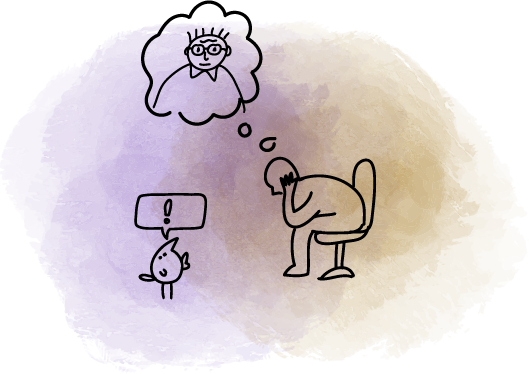Need immediate support?
Please call 8-1-1 for 24/7 general health information and advice. Indigenous people across Canada can also call the toll-free Hope for Wellness Helpline at 1-855-242-3310.
Need immediate support?
Please call 8-1-1 for 24/7 general health information and advice. Indigenous people across Canada can also call the toll-free Hope for Wellness Helpline at 1-855-242-3310.
If you have been diagnosed with alcohol use disorder and it makes it hard for you to do your job, it is legally considered a disability. People with disabilities are protected by the law, and employers are legally supposed to help employees with disabilities.
Learn more about getting diagnosed with alcohol use disorder.

If you are a parent, a primary caregiver, or someone who is currently pregnant, and you have a drinking problem, it’s important to know how your alcohol use may affect your rights and responsibilities.

Learn more about getting medical help for a drinking problem while pregnant.
My experience with a life insurance application was very intimidating and uncomfortable, especially when questions were being asked about my mental health and addictions and I had to explain to someone I don’t know and couldn’t see.